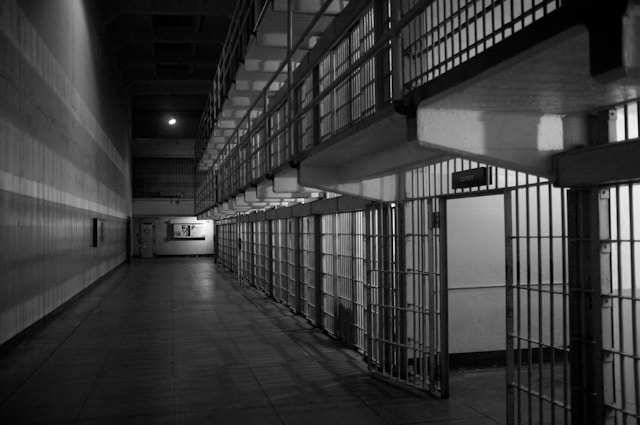Brazil’s Supreme Court convicts Bolsonaro of plotting a coup to stay in power after 2022 defeat
Jair Bolsonaro, the former president of Brazil, has been sentenced to 27 years and three months in prison after the Supreme Court found him guilty of plotting a military coup to remain in power.
A panel of five justices handed down the punishment just hours after his conviction on five charges tied to an alleged conspiracy to overturn the 2022 election result. Four of the judges voted to convict while one, Justice Luiz Fux, delivered a lengthy dissent in which he argued that the accusations were not proven.
Bolsonaro, 70, was convicted of leading efforts to undermine Brazil’s democratic institutions in the aftermath of his defeat to Luiz Inácio Lula da Silva. Prosecutors said the former leader attempted to recruit military commanders to back a coup and deliberately fuelled doubts about the integrity of Brazil’s voting system. They also claimed he knew of a plot to assassinate Lula, his running mate and a Supreme Court justice.
The Supreme Court not only sentenced Bolsonaro to prison but also barred him from seeking public office until 2033. His lawyers immediately denounced the ruling as “absurdly excessive” and vowed to appeal. They said they would push for him to remain under house arrest instead of being transferred to a prison cell. Legal experts, however, warned that overturning the conviction would be extremely difficult given that four of the five judges voted against him.
Embed from Getty ImagesThe trial was watched closely across Brazil and divided public opinion. Bolsonaro has long framed the proceedings as a political vendetta designed to prevent his return to the presidency in 2026. He did not attend the final stage of the trial in person, having already been placed under house arrest after being deemed a flight risk.
International reaction has further inflamed the political fallout. Former US president Donald Trump, who has repeatedly expressed solidarity with Bolsonaro, described the verdict as “very surprising” and likened it to attempts to prosecute him in the United States. Current US Secretary of State Marco Rubio went further, condemning the decision as unjust and threatening diplomatic consequences. Brazil’s foreign ministry quickly issued a statement rejecting such comments, saying the country’s democracy would not be intimidated by outside pressure.
The panel of justices was scathing in its assessment of Bolsonaro’s actions. Justice Alexandre de Moraes, who oversaw the trial, reminded the court that Brazil had narrowly avoided a return to dictatorship. “We are slowly forgetting that Brazil almost returned to its 20-year dictatorship because a criminal organisation, comprised of a political group, doesn’t know how to lose elections,” he said before casting his vote.
Justice Cármen Lúcia, the only woman on the bench, provided the decisive third vote to convict. She compared the attempted coup to a virus capable of destroying the society it infects if left unchecked. “There was no immunity to authoritarianism,” she warned, underscoring the danger Bolsonaro posed to Brazil’s fragile democratic order.
The court also convicted seven of Bolsonaro’s allies, including former defence ministers, a former intelligence chief and a former security minister. Justices concluded that although the coup never materialised due to insufficient military support, the conspiracy culminated in the storming of government buildings by Bolsonaro’s supporters on 8 January 2023. That chaotic day saw thousands breach Congress, the Supreme Court and the presidential palace, though security forces regained control and more than 1,500 people were arrested.
Bolsonaro, who has already been banned from office in a separate case involving electoral misconduct, now faces the prospect of spending the rest of his life behind bars. For his supporters, the sentence will confirm claims of persecution; for his critics, it represents accountability for a leader accused of driving Brazil to the brink of authoritarian rule
